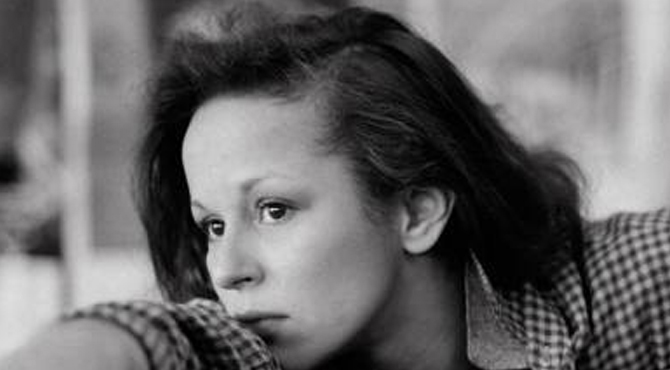Christine Boisson, a French actress who became famous at 17 with her performance in the erotic film “Emmanuelle” and who starred in dozens of other titles throughout her four-decade career, died in a nursing home in Paris on Monday. She was 68.
Her daughter, Juliette Kowski, confirmed the death and said the cause was lung disease.
Ms. Boisson’s breakout film, “Emmanuelle,” was based on a novel of the same name and is about a young Frenchwoman’s amorous adventures in Bangkok society. Ms. Boisson portrayed Marie-Ange, a young girl who meets the titular character, Emmanuelle, while in Bangkok. The film, released in 1974, became a major blockbuster in France, and multiple remakes have come out since, most recently in 2024.
But Ms. Boisson did not want to associate herself only with the image of an erotic actress, Ms. Kowski said: “She didn’t like that at all.”
Is Barron Trump Hiding A Surprising Hobby?
Ms. Boisson’s big break into dramatic cinema came with the 1982 Italian-language film “Identification of a Woman,” in which she played an actress named Ida. She later played leading roles in a number of other international films.
In 1984, she received the Prix Romy Schneider, an award given every year to a young actress in France.
Most of Ms. Boisson’s movies were in French, but she branched out to English-language films on occasion. In 2002, she played Commandant Dominique in the thriller “The Truth About Charlie,” which also starred Mark Wahlberg, Thandiwe Newton and Tim Robbins.
Promoted Content
In its review for the film, The New York Times called Ms. Boisson “a stunning actress,” with “a warm, smoky-voiced sensuality.” Ms. Boisson told The Times in 2002 that she wanted the commandant to be “mysterious,” different from the way French police officials were portrayed in other films.
“I didn’t want to be clichéd at all,” she said.
Christine Boisson was born on April 8, 1956, in Salon de Provence, France, to a French mother and a West Indian father. She is survived by Ms. Kowski, her daughter.
“The time she grew up in that business was the time of a lot of misogyny,” Ms. Kowski said about her mother’s early career. But Ms. Boisson “was not a puppet,” she added. “People didn’t always get along with her, because she was too strong almost.”
Besides Ms. Boisson’s more than 50 movie credits, she also starred in multiple stage adaptations, including an adaptation of Anton Chekhov’s “The Seagull” in 1977, and a 1998 staging of Harold Pinter’s “Ashes to Ashes.”

